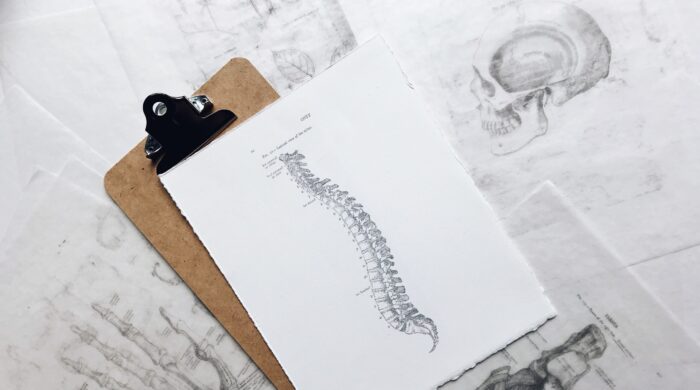As we get older we hear about ailments and diseases that we become more susceptible to, and one of the most commonly discussed is osteoporosis. In this post, we’ll examine what osteoporosis is, how to prevent osteoporosis, how to prevent bone loss and where to get help if you believe you’re seeing signs of osteoporosis.
What is Osteoporosis?
Osteoporosis is a disease that makes bones so weak they are likely to break. What’s worse is that many people don’t realize they have it until the first bone is broken. It most commonly happens in wrists, hips and the back/spine.
There is treatment for osteoporosis, but the best defense is to prevent it from ever occurring. Preventative measures are especially important if you have high risk factors, because ultimately osteoporosis is caused by bone loss, as bone mass stops increasing around age 30.
Who is most at risk for bone loss?
There are certain groups of people who are more likely to suffer bone loss, which results in osteoporosis. White and Asian women are statistically the most susceptible, but women of other races and men can get it as well. Other risk factors include:
- Age (over 50)
- Family history of others who have had it
- Ovary removal before menopause
- Early menopause
- Chain smoking
- Excessive alcohol intake
- A small body frame
- Intake of certain long-term medications (often for asthma or arthritis)
- A deficiency of Vitamin D
- A deficiency of Calcium
- Physical inactivity for a period of time or bed rest
- Thyroid disease
- Rheumatoid arthritis
- Chronic liver or kidney disease
- Crohn’s disease
Unfortunately, osteoporosis doesn’t have clear symptoms, but if you have any or a combination of several of these factors, it may be good to schedule a bone density test and ensure you’re adhering to lifestyle habits that help strengthen your bones.
What vitamin-rich foods and supplements can help prevent osteoporosis?
A healthy, balanced diet is essential to helping prevent osteoporosis. Foods that are conducive to good bone health include:
- Dairy items such as yogurt and cheese, as well as vegetables like broccoli, mustard greens, okra, turnip greens, dandelion greens and Chinese cabbage, which are rich in calcium.
- Dark, leafy greens such as kale, spinach and Brussels sprouts, which contain a high amount of Vitamin K.
- Fruits and vegetables like tomatoes, potatoes, sweet potatoes, bananas, kiwi fruit, raisins, papayas, plantains, oranges, mushrooms, zucchini, apricots, pumpkins and prunes, because they are high in potassium.
- Fruits and vegetables like grapefruits, oranges, lemons, pineapples, red peppers, green peppers, strawberries, cantaloupe, guavas, black currants and snow peas for their high concentration of Vitamin C.
- Nuts like cashews and almonds and fruits such as avocados, as well as fish like halibut, salmon, mackerel and tuna, which contain high amounts of magnesium.
- Fortified foods that have Vitamin D and calcium added to certain cereals, breads, breakfast snacks and juices are also good options.
In addition, if you don’t get sufficient Vitamin D and calcium in your diet, and you are at high risk for osteoporosis, it may be wise to take them as supplements.
What exercises are good for strengthening bones?
Another way to strengthen bones and help prevent osteoporosis is through exercise. Here are some of the most recommended bone-strengthening exercises, which force your body to resist against gravity:
- Weightlifting
- Stair climbing
- Aerobic dancing
- Tennis
- Racquetball
- Jogging
- Running
- Walking/hiking (especially with inclines)
- Water aerobics
- Yoga
- Tai Chi
- Pilates
It may also be helpful to use resistance tools in daily life such as ankle and wrist weights or elastic resistance bands. A mini-workout can be accomplished with household tasks such as lifting and unloading groceries or pushing a heavy vacuum.
Consult With a Medical Professional
If you think you may have osteoporosis or have already been diagnosed and would like help with treatment, schedule an appointment today with Western Washington Medical Group Family Practice. Simply complete the form on this page, or for more general inquiries, fill out this contact form.
